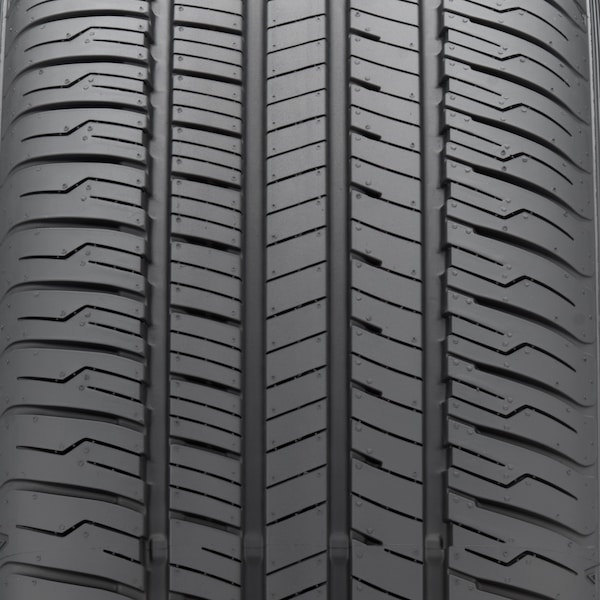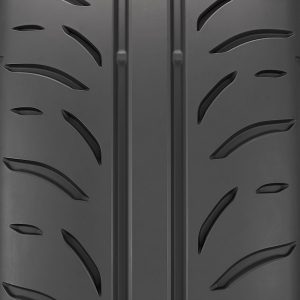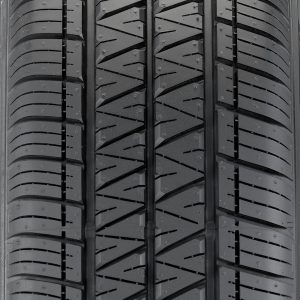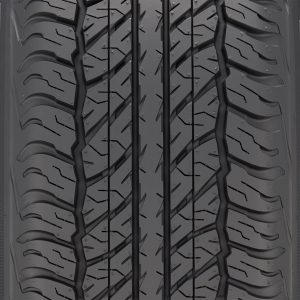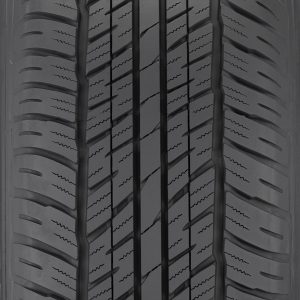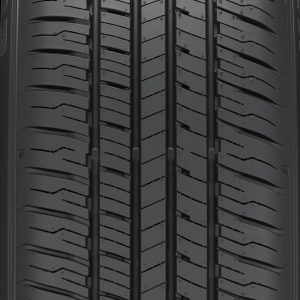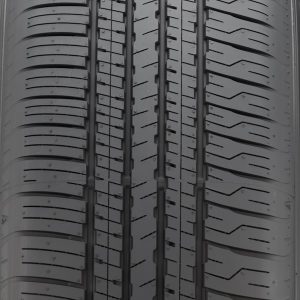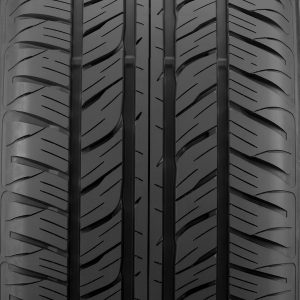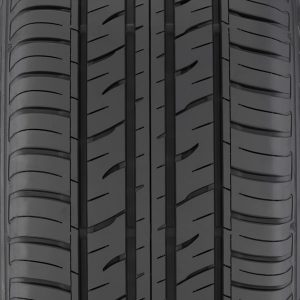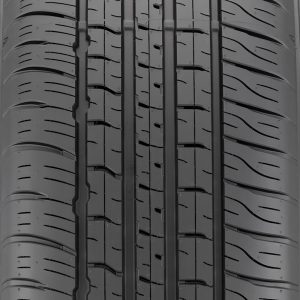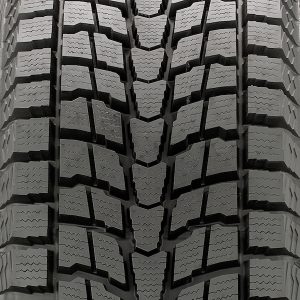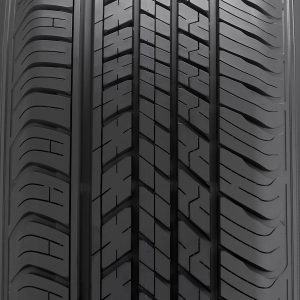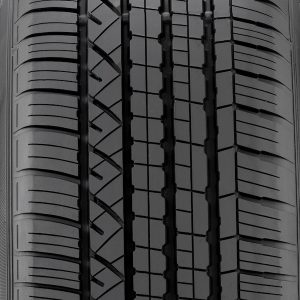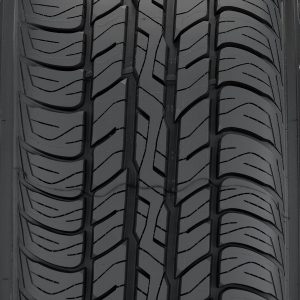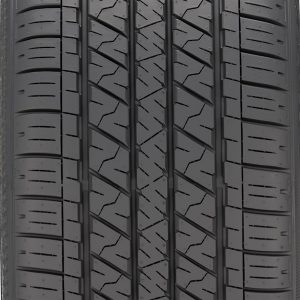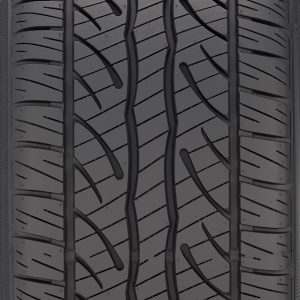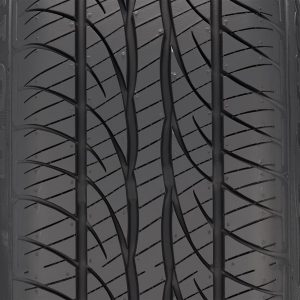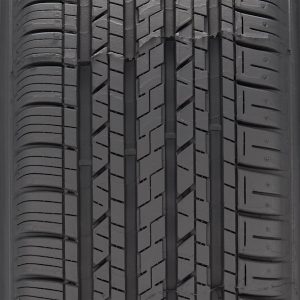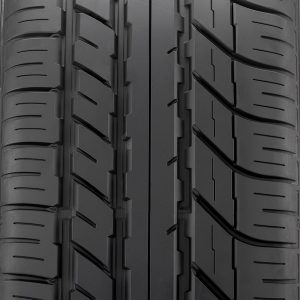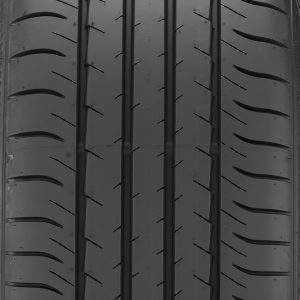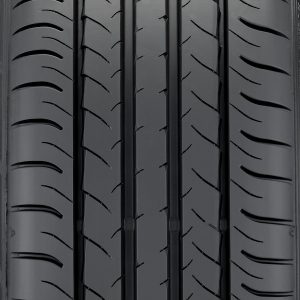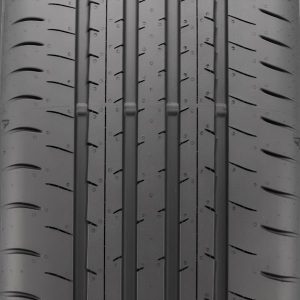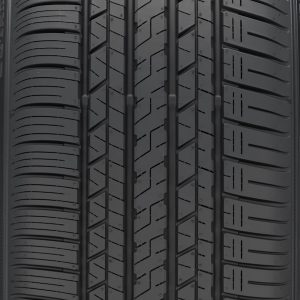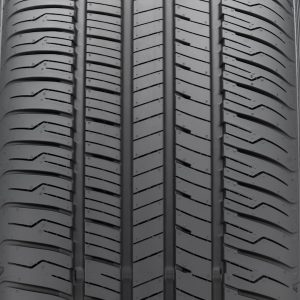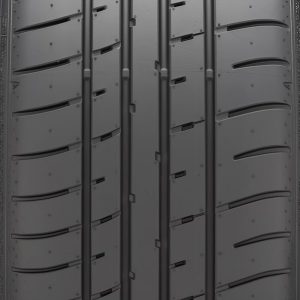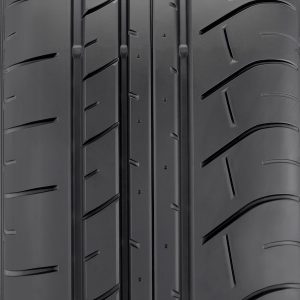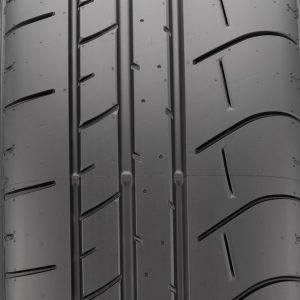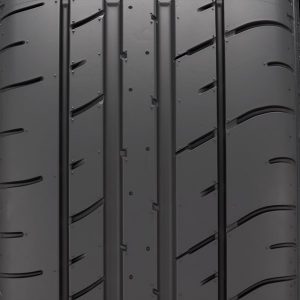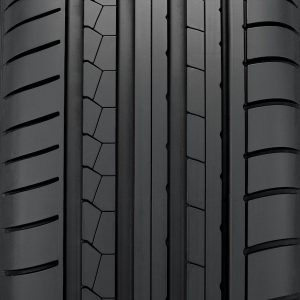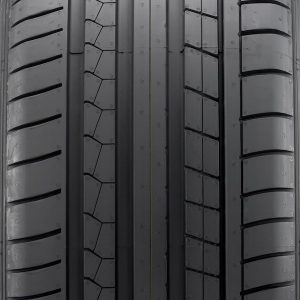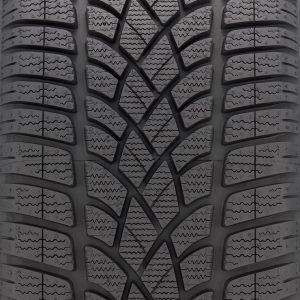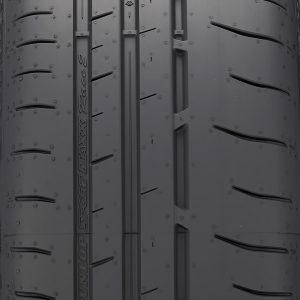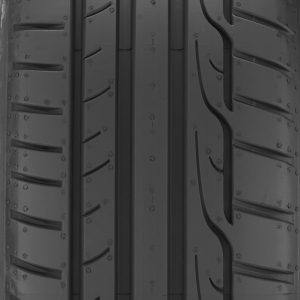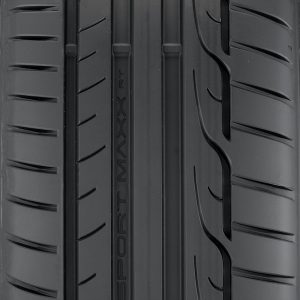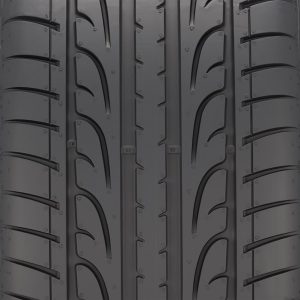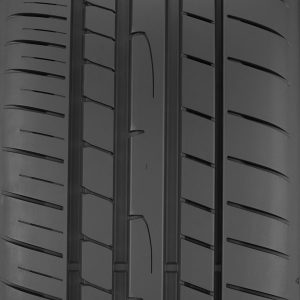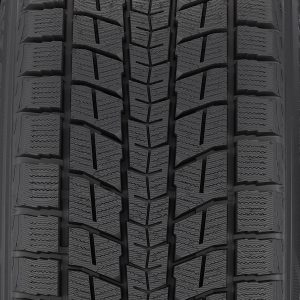Dunlop Tires: Buyers Guide and Low Pricing on all Models
Founded in 1888 by Scottish inventor John Boyd Dunlop, the Dunlop brand introduced the modern pneumatic tire, and as a result, it forever reshaped mobility and automotive aesthetics. Today, Dunlop Tires are produced under varying ownership by Goodyear, Sumitomo Rubber Industries, and even Continental AG, depending on the region—yet the brand continues to represent performance-driven heritage and solid reliability.
Dunlop’s Storied Legacy & Innovation Timeline
- In 1888, John Boyd Dunlop patented the first practical pneumatic tire for bicycles, paving the way for modern rubber tires.
- Dunlop expanded into automobile tires by the early 1900s, introducing groove patterns in 1904 and steel-bead casing in 1922—helping improve durability and comfort.
- Over time, the original Dunlop Rubber company was fragmented; today tire rights are divided: Goodyear controls passenger & light truck Dunlop in North America, Europe, Australia; Sumitomo holds rights in Asia, Africa, Latin America; Continental AG operates the brand in Malaysia, Singapore, and Brunei.
Modern Product Offerings & Market Presence
Dunlop’s product line spans passenger, performance, SUV, motorcycle, and truck tires. The brand is positioned for drivers who seek a blend of heritage-tuned performance, track-proven engineering, and competitive warranty offerings. High-performance motorcycle tyres like the celebrated TT100, known for surpassing the Isle of Man TT 100 mph lap mark in 1969, continue to be revered.
Real-World Feedback & Community Insights
User feedback is limited in scale but helpful:
On Reddit and forums:
“Dunlop claims a couple of thousand miles more than Michelin’s, as well as better braking distance in both wet & dry surfaces… I’ve not seen any rebuttal from Michelin.” — BMWMOA forum
However, other users note that Dunlop tires produced by Goodyear can occasionally feel out-of-round or imperfectly balanced, suggesting manufacturing may vary by region.
Dunlop vs Competitors: Side-by-Side Comparison
| Feature | Dunlop Tires | Michelin | Goodyear | Continental |
|---|---|---|---|---|
| Ownership (Regionally) | Goodyear (NA, EU, AU/NZ); Sumitomo (Asia/Africa); Continental (Malaysia/SG/Brunei) | Independent (owns BFGoodrich) | Independent | Independent |
| Founded | 1888, Belfast (by John B. Dunlop) | 1889, France | 1898, Akron, Ohio | 1871, Germany |
| Best For | Long braking distances, heritage performance | Durability, comfort, fuel efficiency | Wide all‑season product range | Wet grip, safety tech, ride comfort |
| Heritage Product | Bicycle & early auto tires; iconic TT100 Motorcycle tyre | First radial, long mileage | Run‑flat & OE partnerships | ContiSeal, ContiSilent innovations |
| Pricing Tier | Mid-range | Premium | Mid-to-premium | Mid-to-premium |
| Wet & Dry Braking | Claimed excellent (marketing) | Outstanding | Very good | Excellent |
| Tread Wear / Mileage | Claims sometimes exceed Michelin by 2K miles | Rated high (60K–75K mi) | Reliable long wear | Long-lasting (touring focus) |
| Ride Comfort & Noise | Varies by region/model; some report imbalance | Very quiet | Good | Very quiet |
Who Should Choose Dunlop Tires?
Best for:
- Drivers who value historical brand legacy and engineering-based performance.
- Motorcycle enthusiasts who revere classic performance models (e.g. TT100).
- Situations where braking performance in both wet and dry conditions is a priority.
Potential limitations:
- Tire quality and manufacturing precision can vary significantly by region (particularly Dunlop variants made under Goodyear or Sumitomo).
- Less comprehensive user feedback available compared with Michelin, Continental, or Goodyear.
Frequently Asked Questions
Q: Who owns Dunlop Tires today?
A: The brand is fragmented: Goodyear owns rights in North America, Europe, Australia/New Zealand; Sumitomo Rubber Industries operates Dunlop in Asia, Latin America, Africa; Continental AG holds rights in Malaysia, Singapore & Brunei.
Q: Do Dunlop Tires outperform Michelin in braking or mileage?
A: Dunlop marketing often claims several thousand miles more mileage and slightly shorter braking distances than Michelin. However, these claims are primarily anecdotal or promotional, with limited third-party validation.
Q: Are Dunlop tires well balanced and quiet?
A: Some users, particularly fleet drivers, have reported occasional balancing issues and noise with Goodyear-produced Dunlops. As a result, it appears that quality control may vary depending on the manufacturing plant and region.
Final Thoughts
Dunlop Tires stand out for their historical significance, occasional braking claims, and performance-oriented heritage. But unlike Michelin or Continental, the Dunlop offering isn’t unified globally, which means performance, pattern quality, and fit can differ vastly depending on region and manufacturer. If braking performance and brand legacy matter more than consistent, global product standards, Dunlop may fit. But for proven warranty longevity, ride refinement, and wide-based performance validation, Michelin, Continental, or Goodyear often offer more predictable results.

